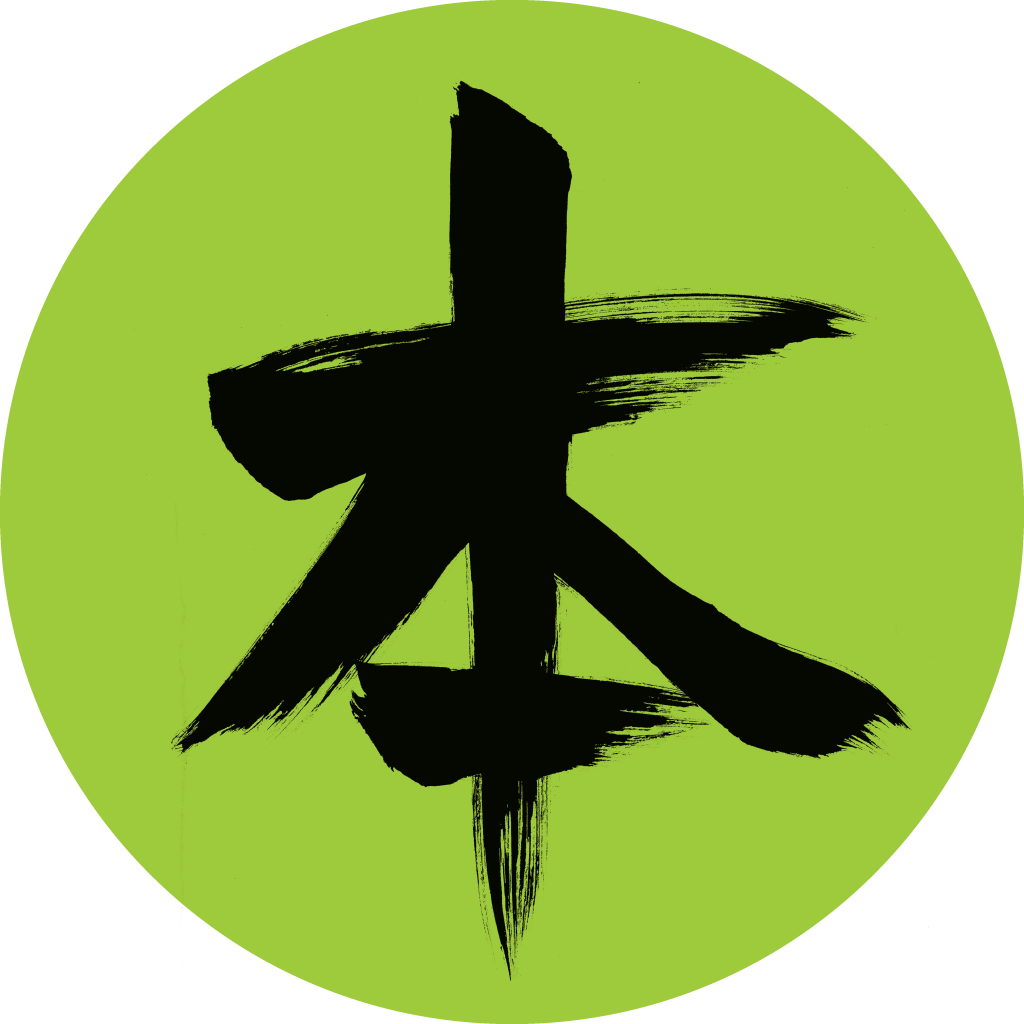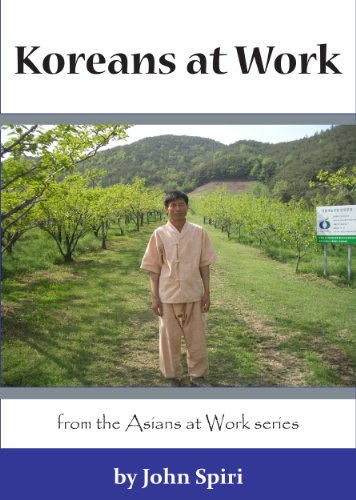Koreans at Work is part of the “Asians at Work” series written by John Spiri. Inspired by Studs Terkel’s oral history Working: People Talk about What They Do All Day and How They Feel About What They Do, Spiri traveled all over Asia interviewing people about their typical day of work. This volume on Korea, one of five books covering Asian countries, includes interviews with 23 individuals who work in careers as diverse as persimmon farmer, professor of Pansori (traditional Korean songs), boxer, fruit seller, leather goods shop-keeper and a migrant factory worker from Nigeria.
The following excerpt is an interview with Yi Young Jun, a Korean bathhouse owner in Kunsan.
John Spiri: Why did you decide to run this business?
Bathhouse Owner: A friend of mine recommended it. I had been a realtor before this. Then I thought of a good business strategy. Behind a nearby university there are some farmers, poor people and elderly. I offer them a very cheap bath as a kind of service to the local community as well as a way to make a living.
What other services does your bathhouse offer?
There’s a sauna. There used to be a small gym with a treadmill, but now only a bath and sauna.
Have you ever had any problems with customers?
At dawn drunks come in and sometimes, after using the sauna, throw up. And I’ve had some problems with shoes. The farmers and elderly have the same kind of shoes so they often put on the wrong ones. It’s kind of funny, really. Later, after they realize their mistake, they exchange them. And, sometimes, a customer complains because he thinks something was stolen–but then finds it in the locker. That’s not a big problem, but it can be a bother to us, especially when the person gets upset. To keep problems to a minimum, we have to make sure everyone knows the rules. For example, in the sauna, it’s okay to wear a swimsuit. The elderly prefer it that way.
In Japan it is sometimes said that foreigners don’t know the rules and cause problems. Any problems with foreigners?
No. The rules are the same. Everyone has to wash before getting in the bath, but they do that. Very few foreigners come here, however. This is not a large city and we are not so well known. Foreigners who do come enjoy the sauna very much, but they can’t stand it very long because it’s so hot.
Any other rules? For example, in Japan people with tattoos are not allowed.
No. The only restriction is on people who are too drunk. This bathhouse is really cheap. Having a bath just costs 2,000 won; taking a bath with sauna access is just 3,000 won. In the bathhouse there are three types of bathes: hot, medium, and cool. But some people want to make the hot one cooler; I can’t allow that of course. We have to be strict. People must deal with the temperature as it is. It takes a lot of money to heat the water.
Are bathhouses doing well in South Korea?
Many are closing, so no. That’s one of the reasons I keep mine so cheap.
Was this bathhouse expensive to open at first?
Yes, very. The same price as to build a house.
Did you have to take out a loan?
I didn’t build it. It was already built before. I knew the owner, so he rented this space out at first. Then I paid cash to buy it.
How much money do you make a month?
30,000,000 won is the gross profit a month. After expenses the profit is about 15,000,000 won a month.
Seems pretty good. Are you satisfied?
Yes, but I’m more ambitious. I have plans. I want to set up a Japanese restaurant business, hopefully making it into a chain. Japanese food is becoming more popular in Korea.
How many hours a week do you work?
I don’t have any holiday because I work all the time, 12 hours a day, every day. I have assistants; they fill in after my shift. The bathhouse is open 24 hours a day. But even when I’m not here I’m thinking about what to do and how to improve.
Any plans to take a vacation?
I really hope that I can someday, but vacation plans are vague. Summers are freer because it’s hotter and people are on holiday, so maybe I’ll take a two-night, three-day trip somewhere. Only that. At some point I’ll need to take a break I suppose.
Do you have any dreams for the future?
Because I’m Christian I have a dream from my father: to help the homeless or the poor. I’m not interested in getting rich; I just want to live like those around me. When I’m satisfied with my life and income I want to help other people. After I retire I’d like to live a peaceful life in the countryside.
Are there many homeless in Korea?
In Kunsan it’s very countryside, so there aren’t so many homeless. The government is making efforts to move the homeless into the countryside, give them a house, and give them unused land. After that, they work as farmers, and must pay a type of tax, like one kilogram of rice for each ten kilograms they harvest. There are many homeless in Seoul. It’s a real social problem there.
So religion is a big influence?
When I see somebody do something bad, I understand, through my belief, that it’s not his fault; it’s like a devil inside. I don’t blame them. People need to learn right thought and right way to live, that’s all. I’m Presbyterian.
Koreans at Work can be purchased from Amazon or, in Japan, directly from the author: globalstoriespress (at) gmail (dot) com
Read excerpts from Japanese at Work and Taiwanese at Work.

